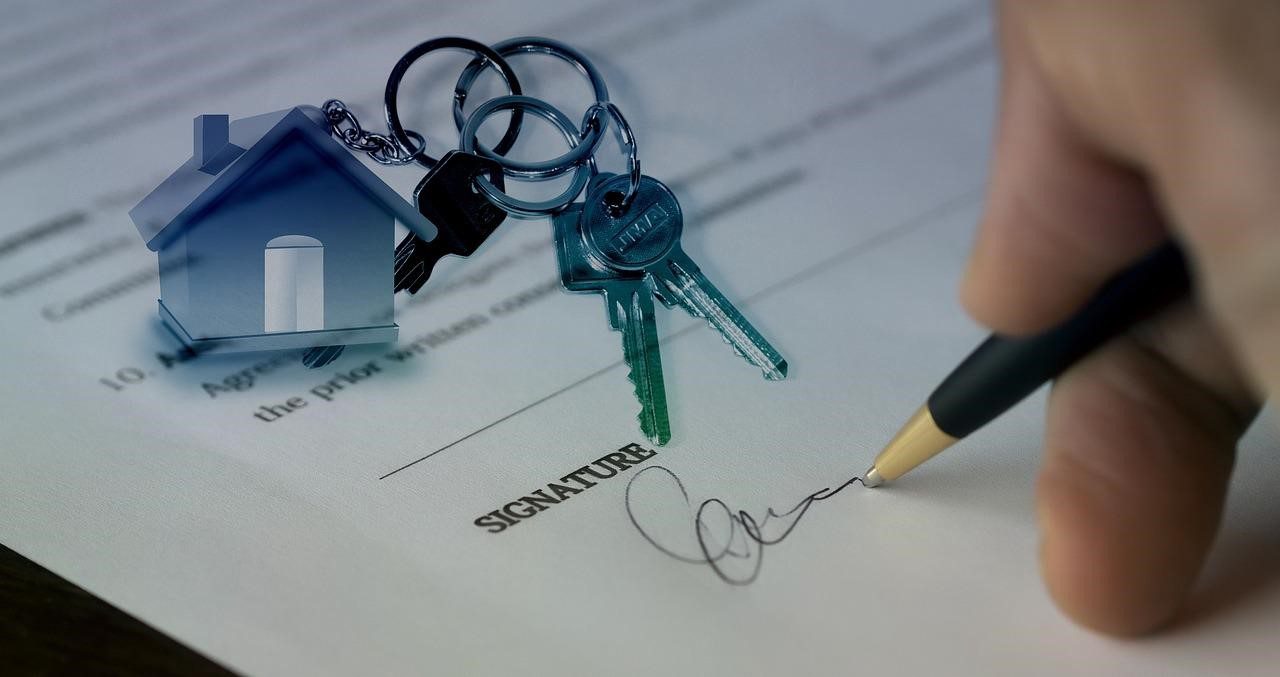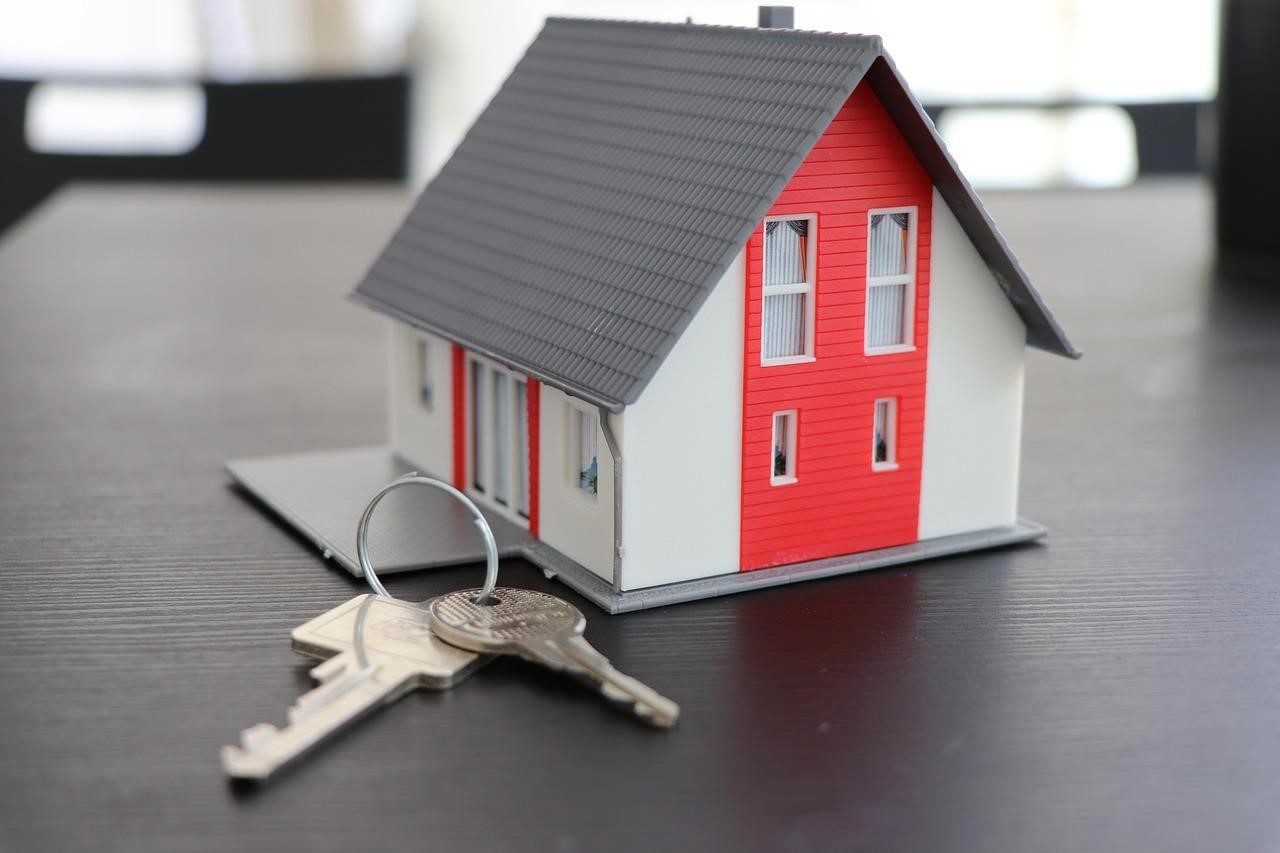Flipping houses has become a popular investment strategy, promising significant profits for those willing to put in the effort. However, understanding the cost of flipping a house is critical to ensure success. This guide dives deep into the expenses involved, covering everything from property acquisition to renovation and sale, while also discussing financing options such as fix and flip loans in New Hampshire, hard money loans, and alternatives from private money lenders. Let’s explore the details.
Purchasing the Property

The first and most significant expense in flipping a house is the purchase price. The cost of the property can vary widely depending on:
- Location
- Size
- Market conditions
Savvy investors often look for distressed properties, foreclosures, or homes priced below market value. To ensure a profitable flip, aim to purchase a property at least 20-30% below its after-repair value (ARV).
Renovation Costs
Renovation expenses are the second-largest cost in house flipping. The scope of work can range from minor cosmetic updates to major structural repairs. Key areas to budget for include:
- Exterior improvements: Landscaping, roofing, siding, and curb appeal upgrades.
- Interior updates: Flooring, painting, kitchen and bathroom remodeling, and appliance replacements.
- Structural repairs: Foundation issues, plumbing, and electrical system upgrades.
Factors Affecting Renovation Costs:
- Condition of the property: A home in disrepair will require more extensive (and expensive) renovations.
- Market trends: Local buyer preferences can dictate the types of updates needed to make the property appealing.
- Material costs: Prices for materials like lumber and steel can fluctuate, impacting your budget.
- Labor costs: Hiring skilled contractors can add to expenses but is often necessary for high-quality work.
Holding Costs

Holding costs are the ongoing expenses incurred while you own the property, whether during renovations or while waiting for it to sell. These include:
- Property Taxes: Based on the assessed value of the property and local tax rates.
- Insurance: Covers potential damages or liabilities during the renovation period.
- Utilities: Essential services like electricity, water, and gas must remain active throughout the project.
- Maintenance: Regular upkeep to ensure the property remains in good condition while on the market.
Impact of Holding Costs:
Holding costs can vary significantly based on the duration of the project. Delays in renovation or a slow real estate market can cause these expenses to balloon, reducing overall profitability. Managing timelines efficiently and pricing the property competitively is crucial to minimizing holding costs.
Selling Costs

When it’s time to sell the property, you’ll encounter additional costs that impact your bottom line. Here are the primary selling expenses to consider:
- Real Estate Agent Commissions: Typically, agents charge 5-6% of the property’s final sale price. While this may seem substantial, a skilled agent can help market your property effectively and negotiate the best possible deal.
- Closing Costs: These fees, often ranging from 2-5% of the sale price, include title insurance, escrow fees, transfer taxes, and attorney charges. Buyers may sometimes negotiate for the seller to cover part of these costs, so be prepared for that possibility.
- Staging and Marketing Expenses: Professionally staging the home can make a significant difference in attracting buyers. Costs for staging, professional photography, virtual tours, and online advertising can add up but are worthwhile investments to ensure the property sells quickly and at a desirable price.
- Home Warranty or Repairs: Offering a home warranty or completing last-minute touch-ups and repairs requested by the buyer during inspection can add unexpected costs.
Balancing Selling Costs
To mitigate selling expenses, work with a reliable real estate agent and strategically price your property to ensure a quick sale. Additionally, planning for these costs upfront helps maintain realistic profit expectations.
Financing Costs
For investors using loans, financing costs are a critical consideration. Depending on the type of loan, these costs may include:
- Interest rates: Hard money loans often come with higher interest rates but faster approval times.
- Origination fees: Some lenders charge a fee for processing the loan.
- Repayment terms: Understanding repayment schedules can help avoid unexpected costs.
Comparing Loan Options:
- Fix and flip loans in New Hampshire: These loans are tailored for quick turnover projects, often with flexible repayment terms.
- Hard money loans: Offered by hard money lenders, these loans provide quick cash but at a premium.
- Private money lenders in New Hampshire: They offer competitive rates and personalized terms, making them an attractive choice for many investors.
- Example Cost Breakdown
Here’s a hypothetical cost breakdown for flipping a house:
| Expense | Estimated Cost |
| Property Purchase Price | $150,000 |
| Renovations | $50,000 |
| Holding Costs (6 months) | $10,000 |
| Selling Costs | $12,000 |
| Financing Costs | $8,000 |
| Total Cost | $230,000 |
If the property’s ARV is $300,000, the investor stands to make a $70,000 profit before taxes.
Key Tips for Managing Costs
- Conduct thorough research: Understand the local market to identify high-demand areas.
- Budget carefully: Always include a contingency fund for unexpected expenses.
- Choose the right financing: Compare terms from hard money lenders, private money lenders in New Hampshire, and other options.
- Work with professionals: Experienced contractors and real estate agents can save you time and money.
- Monitor market conditions: Stay informed about trends that could affect your selling price.
Partner with Insula Capital Group
Flipping a house involves many costs, but with the right planning and resources, it can be a profitable venture. If you’re searching for reliable financing options, look no further than Insula Capital Group. As experts in fix and flip loans in New Hampshire, hard money loans, and more, we offer tailored solutions to meet your investment needs. With flexible terms and competitive rates, Insula Capital Group ensures you have the financial support required to succeed.
Contact Insula Capital Group today to learn how our financing solutions can help you achieve your house-flipping goals!




